News + Media
 |
précisMay 1, 2009Learning to be capitalistsBy Annette KimWhy have some countries transitioned to capitalism so rapidly? How did they change their economies so fundamentally when so many reform efforts in developing countries have been ineffective? The conundrum has grown the last two decades...with varying results. |
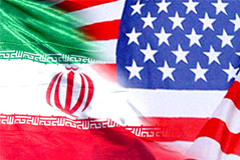 |
News@E40May 1, 2009Starr Forum on U.S.-Iran relationsShould the U.S. build better relations with Iran? Can we live with a nuclear Iran? Do the Iranian presidential elections provide new opportunities for dialogue? A panel of international security and foreign policy experts will address such issues at a Starr Forum on Tuesday, May 5. Our featured speakers are: Jim Walsh, a research associate at the CIS Security Studies Program (SSP) at MIT, and Suzanne DiMaggio, director of the Asia Society. Stephen Heintz, president of Rockefeller Bros. Fund, will serve as the discussant and Barry Posen, Ford International Professor of Political Science and director of SSP, will chair. More details» |
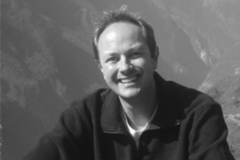 |
précisMay 1, 2009Thinking clearly about China's economic statecraftBy William NorrisOne of the most important phenomena characterizing the international environment today is the rise of China. At $3.4 trillion, China's economy is the third largest in the world and continues to grow rapidly. |
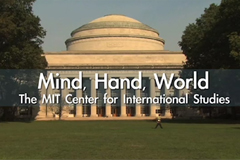 |
News@E40April 28, 2009CIS releases video: 'Mind, Hand, World'Why have a Center for International Studies at MIT? What is the MISTI experience? How do CIS scholars impact policy makers? Why study war? How do we prepare students to compete in a global society? These are a few questions that are addressed in a new video about CIS entitled: Mind, Hand, World. The video, produced in collaboration with MIT's Academic Media Production Services, provides its viewers with an inspiring overview of the Center's aims in eight minutes. View Mind, Hand, World » |
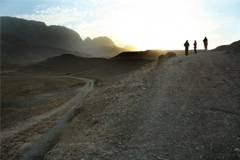 |
News@E40April 23, 2009Fallon and Christia on AfghanistanOn Thursday, April 30, Admiral Willam Fallon, USN (RET), will be giving a public talk on Afghanistan. Joining the discussion will be Fotini Christa, an expert on Afghanistan. Fallon joined the Center for International Studies for the 2008-09 academic year as a Robert E. Wilhelm fellow. Christia joined MIT last fall as an assistant professor of political science and a member of the Security Studies Program. The April 30 Starr Forum on Afghanistan commences at 4 PM in the MIT Wong Auditorium. The event is free and open ot the public. For more details, visit the event page. |
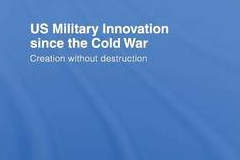 |
News@E40April 21, 2009SSP scholar & students publish bookU.S. Military Innovation Since the Cold War, a new book about "how the US military reacted to the 'Revolution in Military Affairs' (RMA), and failed to innovate its organization or doctrine to match the technological breakthroughs it brought about," was published in April 2009. The book was edited by Harvey Sapolsky, professor of public policy and organization and recently retired from teaching political science and directing the MIT Security Studies Program (SSP), and SSP doctoral students Benjamin Friedman and Brendan Green.
|
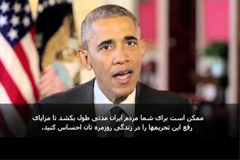 |
Analysis + OpinionApril 19, 2009Bold action needed on IranJohn TirmanBoston GlobeThe reaction in Tehran to President Obama's remarkable video message last month and his speech in Turkey has been cautious, even abrupt, but it conveys something important. It tells us that we need to do more than speak pleasing words to transform 30 years of a bad relationship. |
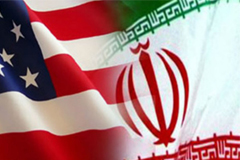 |
News@E40April 16, 2009Roadmap and rationale for U.S.-Iran relationsA months-long study of U.S.-Iran relations concludes that a new diplomatic approach by the United States to transform the relationship with Iran could produce a breakthrough that will boost security and prosperity for the entire region. The 50-page document by John Tirman, executive director and principal research scientist of the MIT Center for International Studies provides a roadmap and a rationale for the new approach. "Small gestures and better language are an improvement over the disastrous Bush policies," Tirman says, "but small steps are not enough. We need bold diplomacy for a breakthrough, and we can do so confidently because U.S. security is not at risk." The study was supported by the New Ideas Fund. Full text | News Release |
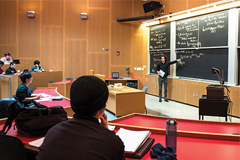 |
News@E40April 15, 2009Summer courses on innovation, biosecurityThe Center's Security Studies Program is offering two courses during the 2009 summer session for professional studies. From Technology to Innovation: Putting Ideas to Work, offered July 13-16, explores innovations in both public and private organizations in an effort to identify best practices. Combating Bioterrorism/Pandemics: Implementing Policies for Biosecurity, offered July 27-29, looks at the challenges public health, law enforcement, and national security agencies face in ensuring biosecurity. |
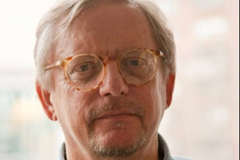 |
News ReleaseApril 15, 2009CIS scholar provides roadmap and rationale for US-Iran relationsA months-long study of US-Iran relations concludes that a new diplomatic approach by the United States to transform the relationship with Iran could produce a breakthrough that will boost security and prosperity for the entire region. The 50-page document by John Tirman of the MIT Center for International Studies provides a roadmap and a rationale for the new approach. |



